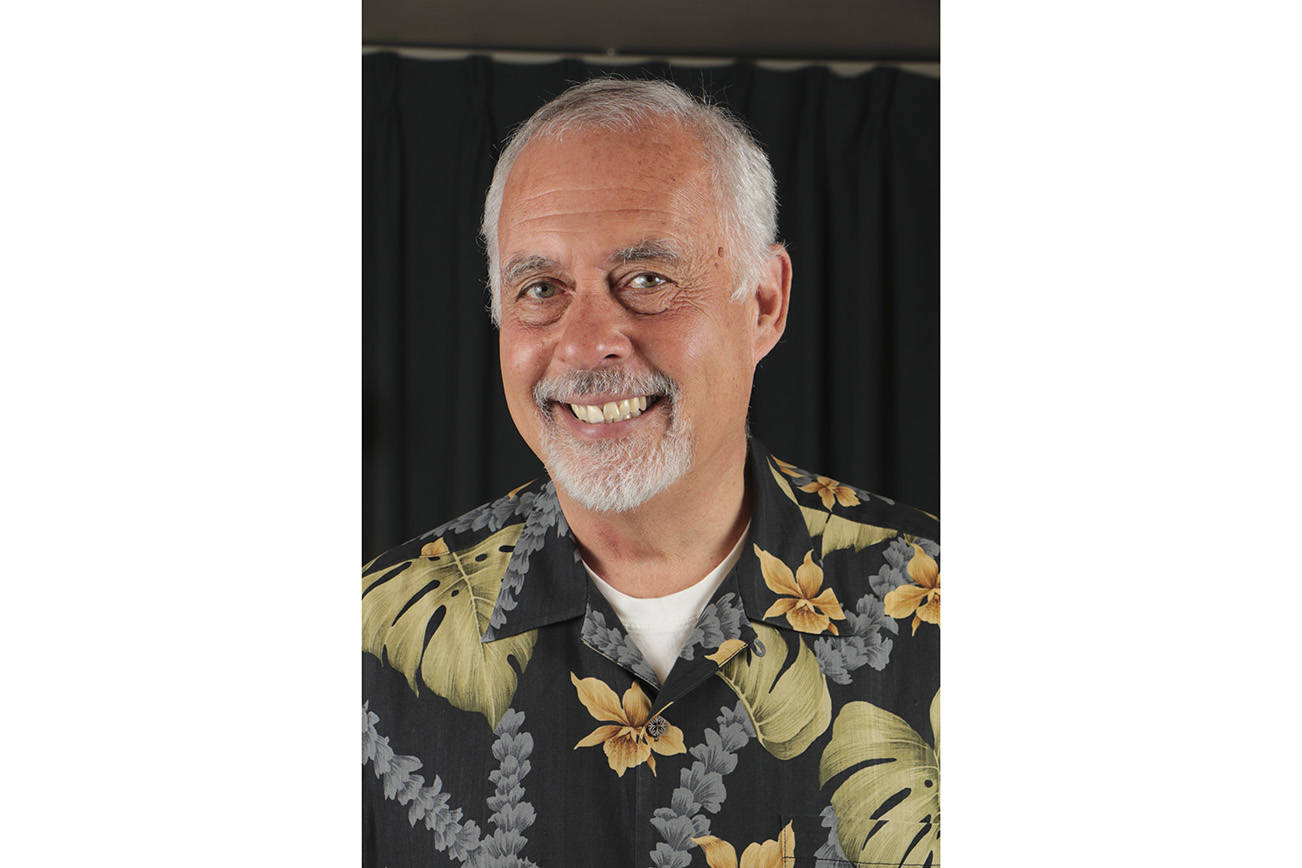It wasn’t until I was out of seminary and serving my first congregation that I realized the Moses wrote a psalm. Because I had grown up in the church and was the son of a pastor, I knew the “Prince of Egypt” had stood up to Pharaoh and led the ancient Israelites out of bondage. As the publisher of the Ten Commandments, I knew he was known as the “law giver.” But I didn’t realize he had written Psalm 90. That’s the one that begins with the familiar words, “Lord, you have been our dwelling place through all generations…”
As I read and re-read that well-known song in Israel’s hymnal, I could detect Moses’ fingerprints all over the parchment. Moses had experienced the all-consuming nature of God’s presence from the time he was hidden away in a makeshift cradle among the bullrushes of the Nile River. During his three distinct careers he had tasted of the highs and lows of the human experience. He also recognized the brevity of life. In light of Psalm 90, it’s Moses who should be credited with that bumper sticker slogan “Life is hard and then you die.”
So when’s the last time you read Moses’ reflections? Why not do a web search for Psalm 90? As you read his words, be mindful of his bottom-line takeaway tucked in those ancient lyrics: “Teach us to number our days that we might gain a heart of wisdom.”
Against the backdrop of the speed at which time flies and the modern-day plagues that imprison our dreams, such is a perfect prayer. Lord, help me to make my life count. Keep me from wasting even one precious day.
Indeed, calendars are a great tool with which to be proactive in the way we spend the inheritance the creator bequeathed us at birth. They help us plan. They provide us perspective. They give us reason to hope for better days ahead. Those blank squares on the wall remind us that we have a choice in how those days will be filled in. So, whether we use old-fashioned paper calendars or chart our appointments on our smartphones or laptops, calendars are a gift.
Sadly, not everyone who would like a calendar has access to one. And I’m not referring to folks in third world countries. I’m thinking about those incarcerated in penal institutions less than an hour from where we live. The Rev. Dale Sewall, a retired pastor on Mercer Island, brought this situation to my attention a few years ago. As one who visits prisoners, Dale became aware of the huge need of providing those separated from the outside world with a tool to track their days. And my friend is a man of action.
So, Dale challenged Mercer Island Presbyterian Church, the congregation he served for two decades, and the Congregational Church of Mercer Island, where he and his wife currently attend, to collect calendars from congregants. He also extended the invitation to me as chaplain at Covenant Living at the Shores to mobilize our residents to collect as many “days” as we could.
Ever since, we’ve been “numbering our days.” In other words, residents at The Shores have been collecting the free calendars that are sent in the mail from various organizations and non-profits. Every fall, I deposit several hundred at one of the two churches Dale Sewall identified. And every December, Dale and his friend Carl Dodrill deliver the calendars to area detention facilities. And the response has been heartwarming.
With that in mind, if you have been wondering what to do with those calendars that show up in your mailbox unbidden, don’t throw them away. You can drop them off at either the Presbyterian Church or the Congregational Church. Think of it as giving someone who has reason to regret their yesterdays the gift of tomorrows. It’s a way to help many of them number their days until they’re home with loved ones.
Guest columnist Greg Asimakoupoulos is chaplain at Covenant Living at the Shores in Mercer Island.



